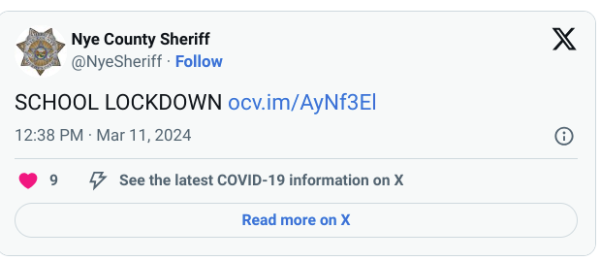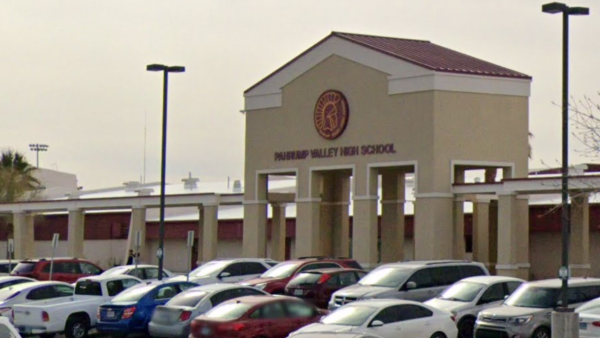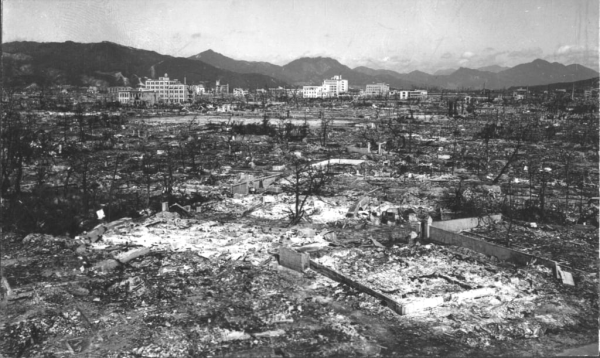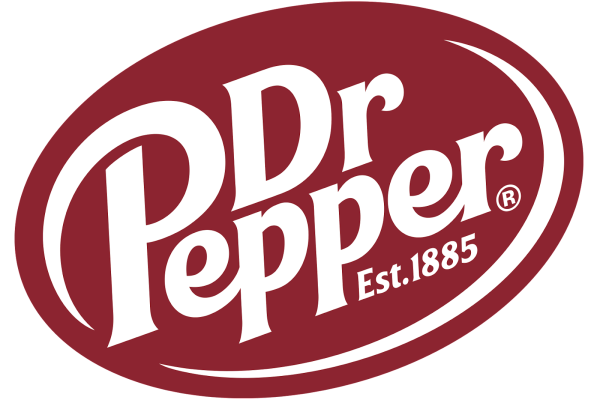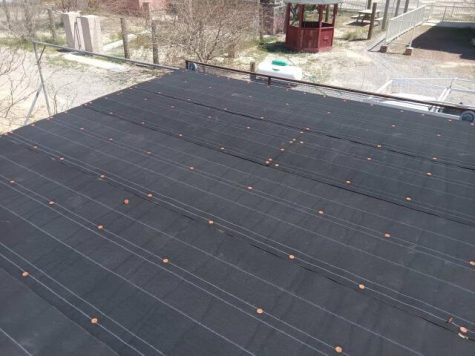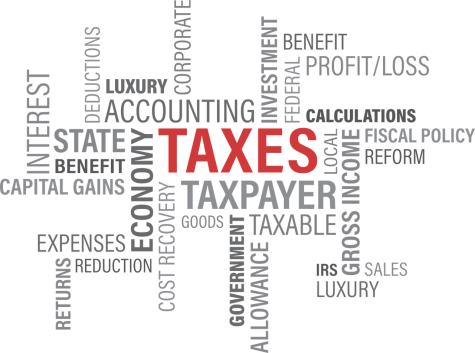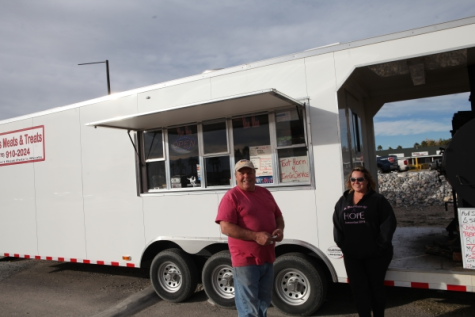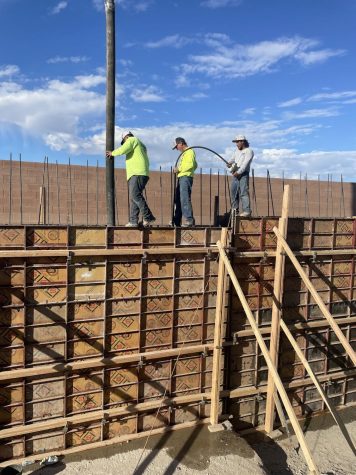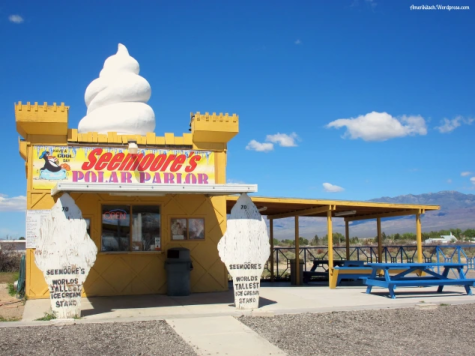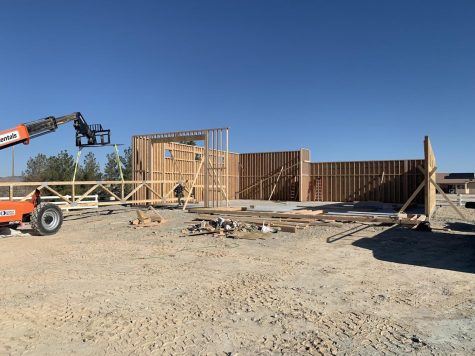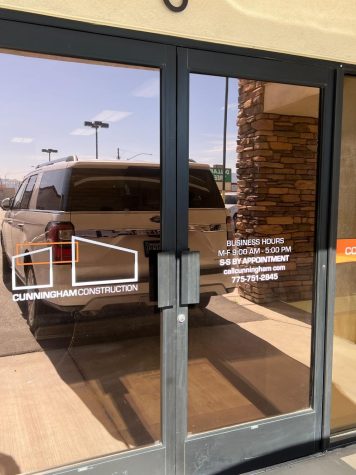National Health Crisis Declared Over Mass Opioid Abuse
Opioids kill millions of Americans each year, and President Trump has declared it a National Health Crisis with promise to aid the cause accordingly. Will he follow through?
Imagine you come home to a family member lying on the floor — unmoving — after they overdosed on drugs, or receive a phone call from someone telling you that the same person collapsed in public after an overdose suddenly claimed their life. Drugs are constantly claiming the once-innocent lives of someone loved dearly — and it’s not merciful.
This is a sad reality for millions of children, mothers, fathers, and friends.
Opioid abuse is a huge problem in the United States. It’s brought in from different countries, such as Mexico and South America (most of the heroin comes from these places) and even prescribed in surplus right here in our country. It’s exceptionally easy to get a hold of opioids, especially from doctors.
So what are opioids? — Opioids are synthetic, pain-relieving drugs such as morphine, xanax, percocet, (the new popular drug rappers love to put in their music), and oxycontin. Illegal ones include heroine.
Innocent people all over the United States are ending up in jail, mentally incapacitated, or dying from overdosing on drugs their doctor prescribed them. Almost everyone knows someone with this potentially lethal problem.
So why is this happening?
Drugs have always been seen as an escape, and people are taking advantage of this now more than ever with how easy it is to obtain new options that have popped up in pharmaceutical settings.
Opioids have the same euphoria effect of street drugs if taken in excess amounts, and they’ve proven to be exceedingly addiction-prone. Addiction problems can be inherited 50% of the time to an addict’s children, according to The Genetics of Drug and Alcohol Addiction, which makes that many more people susceptible to developing addiction, if they’re not careful.
As recent as the 1990s, doctors began prescribing people drugs more readily for their ailment; seemingly any ailments that the patient reports they have, due to new medicinal technology.
Many people believe pharmaceutical corporations hold a substantial amount of the blame in this. They assured the public at the time that the more drugs being prescribed they were not addictive. They were quickly proven wrong.
A controversial theory on this issue is that by prescribing people drugs for almost any ailment, they can bring in a higher profit. Pfizer, one of the biggest pharmaceutical companies made 12.9 billion in just its 2nd quarter in 2017.
Pfizer has also agreed to put addiction risk warnings on their drug labels, after admitting the drugs do have addictive qualities.
On average, there are over 115 deaths a day from opioid abuse, according to the Stat Forecast by Max Blau. People are collapsing left and right; even in public places, such as at bus stops, restaurants, and even in local parks. That is something children — or anyone for that matter — should never have to see.
Statistics found in a 2017 study show how many people are succumbing to this issue. (Courtesy of The National Institute on Drug Abuse)
- About 21% — 29% of patients that are prescribed opioids for chronic pain misuse them.
- Between 8% — 12% develop an opioid use disorder.
- An estimated 4% — 6% who misuse prescription opioids transition to heroin.
- About 80% of people who use heroin started out misusing prescription opioids.
This generation has been made increasingly dependent on drugs. Approximately 16% of prison inmates are in for drug-related crimes, such as being in possession of or being intoxicated by heroin, cocaine, morphine, xanax, and many more.
President Trump addressed this issue with hearty ambition to help resolve it when he declared it a national health emergency. In one part of his opening statement in his state of the union address on October 26, 2017, he declared, “As Americans we cannot allow this to continue. It is time to liberate our communities from the scourge of drug addiction.”
Later on he stated, “Effective today, my administration is officially declaring the opioid crisis a national public health emergency under federal law, and why I am directing all executive agencies to use every appropriate emergency authority to fight the opioid crisis.”
Even though his speech was passionate, he hasn’t taken any action that he said he would about it yet, which is raising concern in the country. He’s actually been doing the opposite, according to Daily Intelligence Article writer Eric Levitz’s Trump has Given Victims of the Opioid Crisis Nothing But Contempt, “The president has tried to pass trillion-dollar cuts to Medicaid, one of the top sources of funding for addiction treatment in the United States; called for reducing spending on anti-drug measures; proposed slashing the budget for the Office of National Drug Control Policy by 95 percent; neglected to nominate anyone to lead the Drug Enforcement Agency; declined to implement the vast majority of his own opioid-commission’s recommendations; declared the opioid crisis a “public health emergency” — but refused to ask for a single penny in additional funding to combat the crisis, and put Kellyanne Conway, a career pollster and pundit — with no experience in public health — in charge of his administration’s opioids agenda.”
So far, President Trump is proving all bark and no bite, and is disappointing citizens with his empty words and counter-productive solutions. However, there’s always hope for the future. The country will continue to hope the president pulls through with his promises, at least following through with cracking down on dealers (which he recently announced could now receive the death penalty, so there’s that), educating the public better, and offering help to addicts rather than just locking them up.
If someone you know is struggling with addiction, get them help before it’s too late, call 1-877-761-0176 for help.
